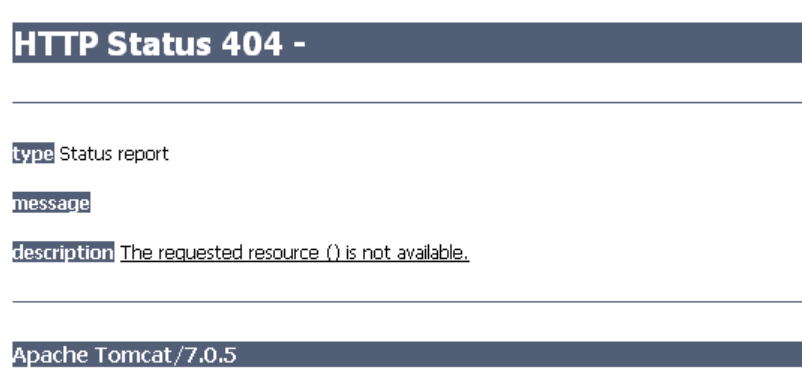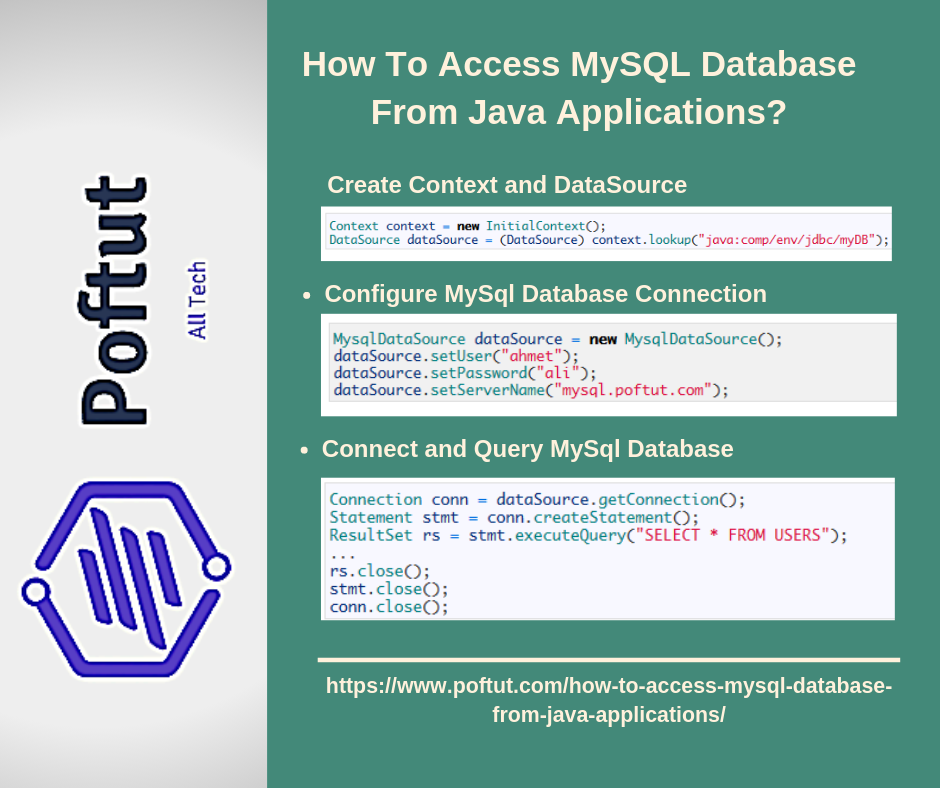A. 数据输入流 使应用程序能够读取 基本Java数据类型 以独立于机器的方式(而不是原始字节)从底层输入流中。这就是为什么它被称为DataInputStream——因为它读取数据(数字),而不仅仅是字节。
应用程序使用数据输出流来写入数据,这些数据稍后可以由数据输入流读取。数据输入流和数据输出流以对UTF-8稍加修改的格式表示Unicode字符串。对于多线程访问,DataInputStream不一定是安全的。线程安全是可选的,由此类方法的用户负责。
首先让我们来讨论这个类的构造函数
| 建造师 | 执行的动作 |
| DataInputStream(InputStream in) | 创建使用指定基础InputStream的DataInputStream。 |
现在,让我们讨论这个类的方法,这些方法以表格形式在下面描述,如下所示:
| 方法 | 执行的动作 |
|---|---|
| 读取(字节[]b) | 从包含的输入流中读取一定数量的字节,并将其存储到缓冲区数组b中。 |
| 读取(字节[]b,整数关闭,整数长度) | 从包含的输入流中读取最长字节的数据到字节数组中。 |
| readBoolean() | 读取一个输入字节,如果该字节为非零,则返回true;如果该字节为零,则返回false。 |
| readChar() | 读取两个输入字节并返回一个字符值。 |
| readUTF() | 从底层输入流读取数据,并将字节转换为Unicode字符串。 |
| readByte() | 读取一个输入字节并返回一个字节值。 |
| readFloat() | 读取四个输入字节并返回一个浮点值。 |
| 准备好了 | 读取的字节数等于字节数组的长度 |
| readDouble() | 读取八个输入字节并返回一个双精度值。 |
| readInt() | 读取四个输入字节并返回一个int值。 |
| readLine() | 阅读一行行文字 |
| readLong() | 读取八个输入字节并返回一个长值 |
| readShort() | 读取两个输入字节并返回一个短值。 |
| readUnsignedByte() | 读取字节并作为整数返回 |
| readUnsignedShort() | 读取两个输入字节并作为整数数组返回 |
| skipBytes() | 从输入流跳过n字节的数据 |
记得: DataInputStream类通常与 数据输出流。
现在让我们来实现上面讨论过的这个类的一些方法
下面的程序使用try with资源。它需要JDK 7或更高版本,因为try-catch块的概念是在Java7中引入的
例1
JAVA
// Java program to Demonstrate DataInputStream Class // Importing I/O classes import java.io.*; // Main class class DataInputStreamDemo { // Main driver method public static void main(String args[]) throws IOException { // Writing the data // Try block to check for exceptions try ( DataOutputStream dout = new DataOutputStream( new FileOutputStream( "file.dat" )) ) { dout.writeDouble( 1.1 ); dout.writeInt( 55 ); dout.writeBoolean( true ); dout.writeChar( '4' ); } // Catch block to handle the exceptions catch (FileNotFoundException ex) { // Display message when FileNotFoundException occurs System.out.println( "Cannot Open the Output File" ); return ; } // Reading the data back. // Try block to check for exceptions try ( DataInputStream din = new DataInputStream( new FileInputStream( "file.dat" )) ) { // Illustrating readDouble() method double a = din.readDouble(); // Illustrating readInt() method int b = din.readInt(); // Illustrating readBoolean() method boolean c = din.readBoolean(); // Illustrating readChar() method char d = din.readChar(); // Print the values System.out.println( "Values: " + a + " " + b + " " + c + " " + d); } // Catch block to handle the exceptions catch (FileNotFoundException e) { // Display message when FileNotFoundException occurs System.out.println( "Cannot Open the Input File" ); return ; } } } |
输出:
![图片[1]-JAVA伊奥。Java中的DataInputStream类|集1-yiteyi-C++库](https://www.yiteyi.com/wp-content/uploads/geeks/20210824/geeks_DataInputStreamClass.png)
请注意,现在不再有任何显式的close()方法调用。try-with-resources结构解决了这个问题。 下一篇文章: JAVA伊奥。Java |集合2中的DataInputStream类 本文由 尼森特·夏尔马 .如果你喜欢GeekSforgek,并想贡献自己的力量,你也可以使用 写极客。组织 或者把你的文章寄去评论-team@geeksforgeeks.org.看到你的文章出现在Geeksforgeks主页上,并帮助其他极客。 如果您发现任何不正确的地方,或者您想分享有关上述主题的更多信息,请写下评论。


![关于”PostgreSQL错误:关系[表]不存在“问题的原因和解决方案-yiteyi-C++库](https://www.yiteyi.com/wp-content/themes/zibll/img/thumbnail.svg)






